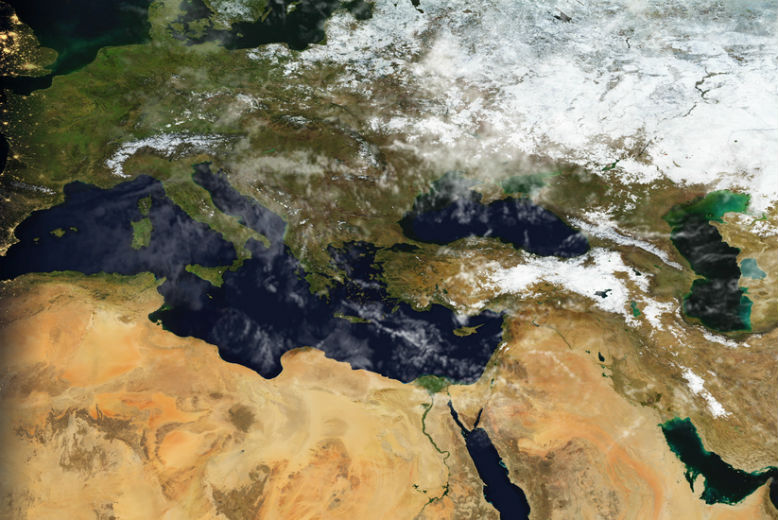
The Armenian genocide: mechanisms, context, and memory
This seminar sought to understand and come to grips with the history and politics of genocide using the example of Christians in the late Ottoman Empire.
Recently the US House of Representatives passed a bill recognising the Armenian genocide, followed by strong condemnation by the Turkish government. This again highlights how relevant and fraught with conflict remembering traumatic events in history can be. In our seminar two experts on the the Armenian genocide and its aftermath will discuss history and its various forms of politicisation.
To what extent is “what really happened” still a question? What does official political recognition of such traumas mean - for who? Can historians and other scholars take stock free of political contexts and pressure?
Speakers:
Ümit Kurt, Polonsky Fellow, the Van Leer Jerusalem Institute and Lecturer, Department of Middle Eastern and African Studies, University of Tel Aviv.
Maria Karlsson, PhD Historian at the Department of History, University of Lund, dealing with modern genocide "denialism" in general, and with the denial of the Holocaust and the Armenian genocide in particular.
The seminar was moderated by Rouzbeh Parsi, head of UI’s Middle East and North Africa Programme.
This seminar was jointly organised between the Swedish Institute of International Affairs and the Living History Forum.